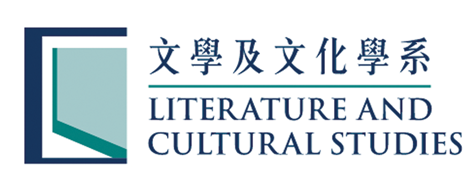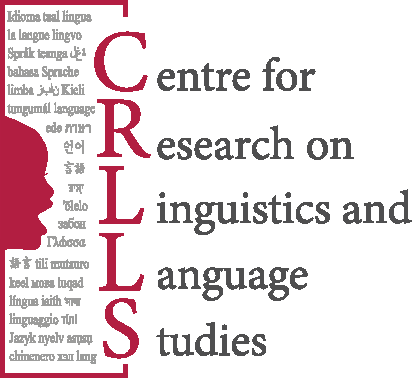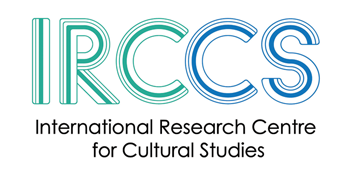📍 Introduction
Hong Kong meets Kazakhstan: A Humanities Cultural Crossroads within the Belt & Road
FHM is dedicated to promoting international collaborations and cultural exchanges. With a growing number of students from Kazakhstan, particularly in the Departments of Linguistics and Modern Language Studies and English Language Education, EdUHK has signed MoUs with Abai Kazakh Pedagogical University and Kazakh National Women’s Teacher Training University. This presents a valuable opportunity to strengthen our academic and cultural ties.
Objectives
- Foster academic and cultural exchanges between Kazakhstan and Hong Kong through knowledge dissemination.
- Initiate discussions and workshops on humanities topics to establish joint research initiatives and partnerships.
- Create research student ambassador roles for ongoing engagement and networking.
- Enhance understanding of foreign language education systems through interactive sessions and exchange programs.

📃 Programme Schedule
| Time | Event |
|---|---|
| 09:00 | Registration and Welcome Refreshments (outside D1-LP-04 📍) |
| 09:15 – 09:50 | Opening ceremony (D1-LP-04 📍) |
| 09:50 – 11:30 | Academic Showcase (1)
|
| 11:30 – 11:45 | Coffee Break and Networking |
| 11:45 – 12:55 | Academic Showcase (2)
|
| 12:55 – 14:00 | Lunch Break |
| 14:00 – 16:00 |
Parallel Sessions
|
| 16:00 – 16:15 | Coffee Break and Networking |
| 16:15 – 18:20 | Appreciation of a Kazakhstan documentary film & post-screening discussion MEN SEN EMES (Face the Music, 2019) (D1-LP-04 📍) Detailed schedule ▼
|
🎙️ Speakers
Keynote Speakers
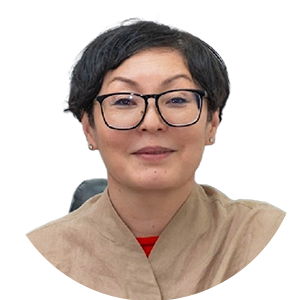
Professor Juldyz SMAGULOVA
(KIMEP University, Almaty, Kazakhstan)
Juldyz Smagulova is Professor and Founding Dean of College of Human Sciences and Education at KIMEP University, Kazakhstan. She holds a Candidate of Philological Sciences degree from al-Farabi Kazakh National University and a PhD in Sociolinguistics from King’s College London. Her research can be classified under three major interrelated strands: language ideology; language and education policy; and language pedagogy. These strands are held together by a common scholarly interest in multilingual contextswhere different speakers have different access to linguistic and other resources. She is the co-author of Language Change in Central Asia (Mouton de Gruyter 2016) and the bilingual Kazakh-Russian Dictionary of Sociolinguistics (2020). She has more 20 articles and book chapters published internationally and locally, including papers in journals such as International Journal of Bilingualism, Journal of Sociolinguistics, International Journal of Bilingual Education and Bilingualism, World Englishes, International Journal of Sociology of Language, and Journal of Eurasian Studies.
Topic: Multilingual education in Kazakhstan: Policy and implementation
Abstract ▼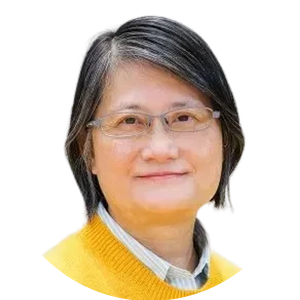
Professor Angel LIN
(The Education University of Hong Kong)
Dr. Angel M. Y. Lin was Professor and Tier 1 Canada Research Chair in Plurilingual and Intercultural Education at Simon Fraser University, Canada (2018-2024). Currently she is Chair Professor of Language, Literacy and Social Semiotics in Education at the Education University of Hong Kong. Dr. Lin has been at the forefront of English language education and critical literacies since the late 1990s when she started working on classroom research projects in Hong Kong. She has published widely on second language education, discourse analysis, translanguaging (TL), trans-semiotizing (TS), Content and Language Integrated Learning (CLIL), and English medium education (EME). Over her career, she has published over 200 publications with over 13,600 citations and an impressive h-index of 58 and an i-10 index of 143.
Topic: Decolonizing English Medium Education Through the PAA Model and 4T Lenses
Abstract ▼In conjunction with the PAA Model, I will present the 4T Lenses—Translanguaging, Trans-semiotizing, Transknowledging, and Trans-culturing—as frameworks to enhance the integration of diverse semiotic, cultural and epistemic resources in EME. By fostering a transformative vision for EME, this paper calls for educators to embrace an affective decolonizing approach to EME that prioritizes emotional well-being, cultural relevance, and epistemic diversity, ultimately working towards a more sustainable and inclusive EME.

Dr Bridget GOODMAN
(Nazarbayev University)
Bridget Goodman is Associate Professor of Multilingual Education at Nazarbayev University in Kazakhstan. Her dissertation was an ethnographic case study of EMI at a Ukrainian university. Since earning her PhD in 2013, she has published individually and with colleagues from Ukraine, Kazakhstan, and the UK on themes including: 1) EMI policy; 2) EMI and translanguaging; 3) EMI and multilingual academic skills development; and 4) EMI policy and practice across Eurasian contexts. She was recently named country coordinator for Kazakhstan by the British Association of Lecturers of English for Academic Purposes (BALEAP) EMI group.
Topic: English-Medium Education in Kazakhstan: Opportunities and Challenges for Development
Abstract ▼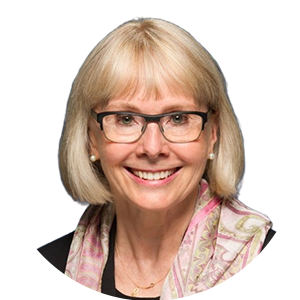
Professor Mette HJORT
(The Education University of Hong Kong)
Mette Hjort is Chair Professor of Film and Media at the Education University of Hong Kong, Honorary Professor at the School of European Languages, Culture and Society at University College London, Affiliate Professor of Scandinavian Studies at the University of Washington, Seatlle, and Honorary Professor at the School of Creative Arts, University of Lincoln, UK. Mette has published extensively on small-nation cinema, transnational cinema, talent development in film, the cinema’s role in creating public value, and, more recently film’s contribution to health and well-being. A former member of the board of the Danish Film Institute, Mette has served as a trustee of the Media Archive of Central England, and of Learning on Screen. She was the President of the Jury at the Zanzibar International Film Festival in 2024 and is currently developing a Zanzibar-based international experiential learning opportunity for students from Hong Kong and Zanzibar.
Topic: Sketching the Contours of a Cinema of Care: Hong Kong's Ann Hui as a Paradigmatic Figure
Abstract ▼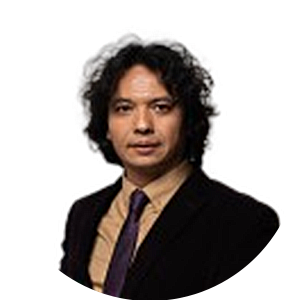
Dr Moldiyar YERGEBEKOV
(Akhmet Yasawi International Kazakh-Turkish University)
Dr. Moldiyar Yergebekov is an associate professor at Akhmet Yasawi International Kazakh-Turkish University. He holds a PhD in Communication Studies (Radio-Television-Cinema) from Ankara University (Türkiye). His doctoral thesis focused on the role of Kazakh cinema in the nation-state building process. Throughout his career, he has worked at several universities, including Temirbek Jurgenov National Academy of Fine Arts, Kyrgyz-Turkish Manas University, the University of Utah, Gaziantep University and AlmaU. His research and publications cover various topics, including critical theory, film and media studies, national cinema, the political economy of Kazakhstani media, gender, and the public sphere. His teaching, research, and publications demonstrate three major areas of focus: social theory, media studies, and film studies. In addition to his academic work, he is the host of the TV program Sana on the Kazakh national TV channel Abai.
Topic: Decolonization and Kazakh Cinema
Abstract ▼However, the decolonization process in post-Soviet countries, including Kazakhstan, is not entirely new. In Kazakhstan, it began with the political and intellectual movements led by Kazakh intellectuals in the early 20th century. Later, in the 1950s and 1960s, the independence movements of Asian and African nations inspired further progress, particularly in culture and art during the 1960s. This focus on culture and art was significant because Kazakhstan had been under the control of the Russian Empire and, later, the Soviet Union for many years. This history gave rise to a form of decolonization known as the "decolonization of the mind," which developed through cultural and artistic expression.
Kazakh cinema, which started to develop in the 1960s, became one of the fields that contributed to this decolonization of the mind. After independence, a new phase of decolonization began. Modern Kazakh filmmakers have worked to explore national identity through historical, cultural, and psychological themes. Their films have highlighted the effects of the colonial era and addressed complex issues within the national consciousness.
In recent years, there has been a growing interest in decolonization within Kazakh society. This trend has been further intensified by the events surrounding Russia and Ukraine. While Kazakh cinema has responded to some of these societal demands, it has not always fully met expectations.
This presentation explores the contributions of Kazakh cinema to the decolonization process and its role in responding to the needs of contemporary Kazakh society. It also examines the strengths and limitations of cinema in driving this important process.
Guest Speaker
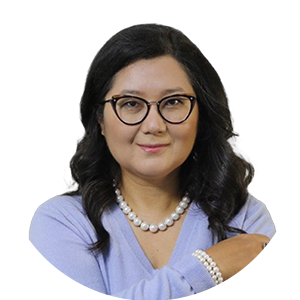
Dr Alima BISSENOVA
(Nazarbayev University)
Alima Bissenova is an Associate Professor of Anthropology at Nazarbayev University. She specializes in urban anthropology, anthropology of Islam, postcolonial studies, and intellectual history. She has published her work in English and Russian in the journals Religion, State, and Society, Europe-Asia Studies, AB Imperio, Current History, Novoe Literaturnoe Obozrenie, Sotsiologiya Vlasti. She has recently edited Qazaqstan, Казахстан, قازاقستان: Лабиринты современного постколониального дискурсa (2023) volume and co-edited Postcolonial Approaches in Kazakhstan and Beyond (2023) volumes.
Topic: “New Kazakhstan”: Changing Linguistic and Cultural Hierarchies in the Media and Urban Scapes of Kazakhstan
Abstract ▼📽️ Film Screening
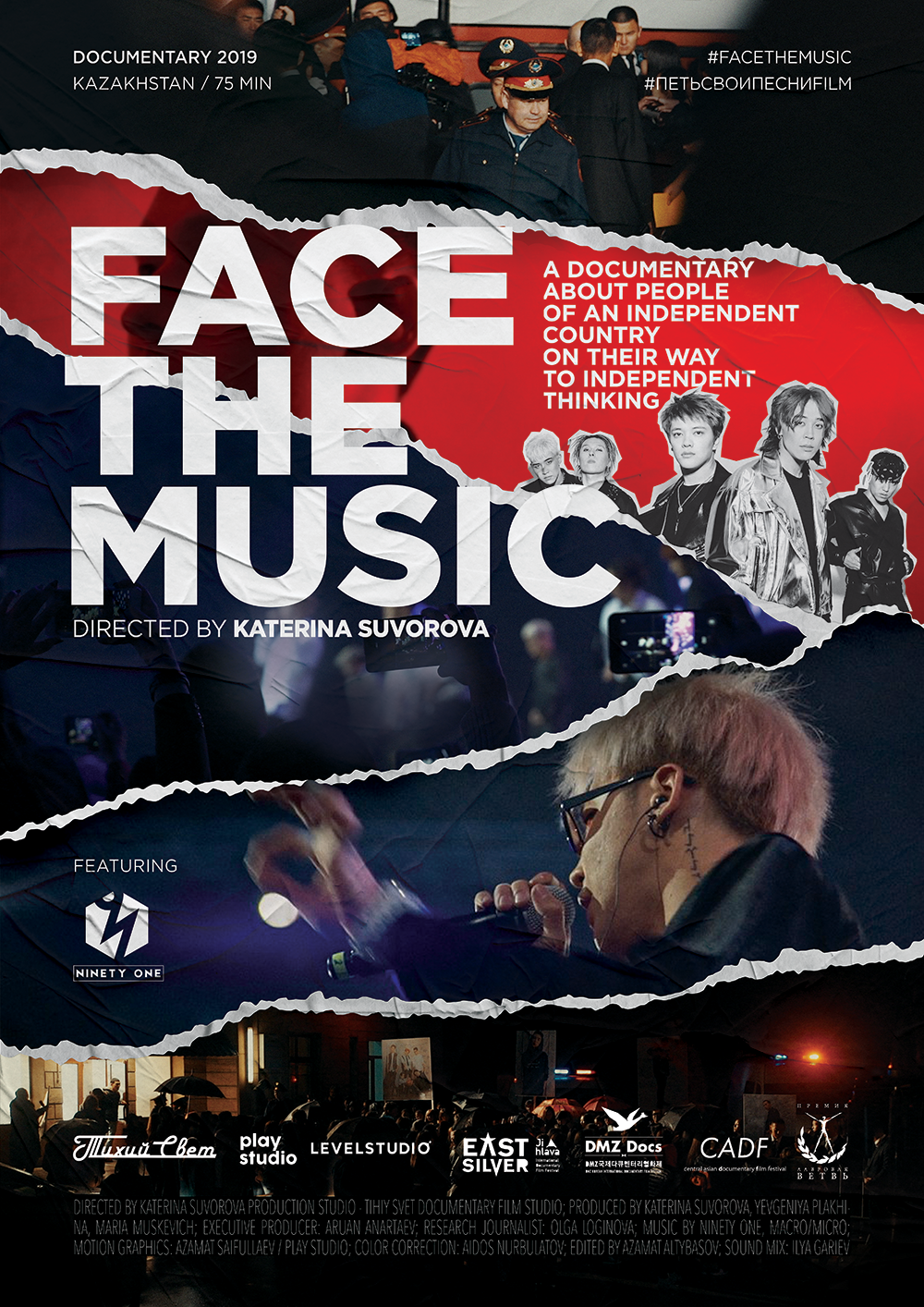
|
|
Face the music / in Kazakhstan
Dyed hair, earrings, bright clothes – this image is very different from masculinity standards in Kazakhstan. And that is exactly what the main characters of the documentary film Face the Music / in Kazakhstan look like. Many would not find anything unusual in the appearance of the members of the music band Ninety One, but their popularity among Kazakh-speaking teenagers ignited anger in a sector of society, leading to street protests, concert cancellations and pressure from the government. The emergence of Ninety One has opened a whole layer of social and cultural conflicts within Kazakhstani society – contradictions between urban and rural culture, between traditionalism and globalization, between the vertical power system and personal liberty.
Trailer
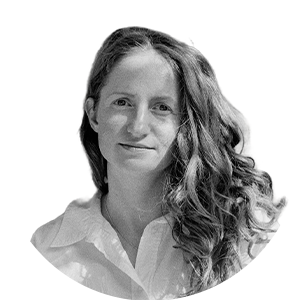
Ms Katerina Suvorova
(Film Director)
Katerina Suvorova is a Kazakhstani documentary filmmaker known for her powerful and thought-provoking work. Her films draw on the everyday lived experience of diverse communities across Kazakhstan and wider Central Asia. In 2019, Katerina's social issue documentary FACE THE MUSIC about the conflict between the popular Kazakh band, Ninety One and local traditionalists made a rare impact by not only participating in film festivals but also achieving commercial success in Kazakhstan's national box office. Suvorova is also the founder of the independent documentary studio TIHIY SVET (Silent Light) in Almaty, Kazakhstan, dedicated to producing films with a significant social impact. Her award winning film projects also include Sea Tomorrow (2016), Medianstan (2014), Qyzbolsyn: May It Be A Girl (in development).
🎼 Dombra Music Performance

|
|
Two Küis:
“Ерке Сылқым” (“The Cherished Beauty”) by Abdimomyn Jeldibaev (1934-2024)
“Балбырауын” (“Balbyrauyn”) by Kurmangazy Sagyrbaiuly (1823-1896)
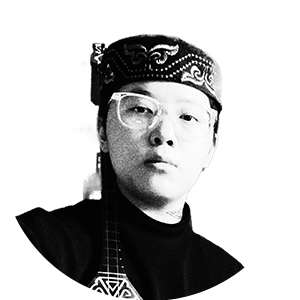
Mr Kenneth Fang
(Research Assistant, LCS, EdUHK)
Dombra Performer
🏫 Organizing Committee
Event Conveners
Convener: Prof John Erni (Dean of FHM, EdUHK)
Co-Convener: Dr Wang Lixun (Associate Dean (International Engagement) of FHM, EdUHK)
Organizing Committee Members
Coordinator: Dr Artem Zadorozhnyy (ELE, EdUHK)
Co-coordinator: Dr Zhang Zimu (LCS, EdUHK)
Committee Members:
Dr Banerjee, Bidisha (LCS, EdUHK)
Dr Chang Tsung-chi Hawk (LCS, EdUHK)
Dr Fung Chi Wang (LCS, EdUHK)
Dr Gu Mingyue Michelle (GS, EdUHK)
Prof Hjort, Mette (LCS, EdUHK)
Dr Lau Chaak Ming (CRLLS, EdUHK)
Dr Lee Ju Seong (ELE, EdUHK)
Dr Wang Lixun (LML, EdUHK)
Administrative Support Team
Coordinator: Ms Wong Lai Kwan Mag (LML, EdUHK)Team Members:
Mr Fang Yilin Kenneth (LCS, EdUHK)
Ms Han Yujia Helen (GS, EdUHK)
Mr Ho Ka Lun Harry (LML, EdUHK)
Mr Hussain, Shafig (ELE, EdUHK) < ✉️ Contact person: hussains@eduhk.hk
Miss Shen Yuwei Betty (ELE, EdUHK)
Mr Sung Kai Fan Kelvin (LML, EdUHK)
Ms Wang Yan Jodie (GS, EdUHK)
📷 Gallery

Hong Kong meets Kazakhstan: A Humanities Cultural Crossroads within the Belt & Road. Last updated: 23/10/2024.




